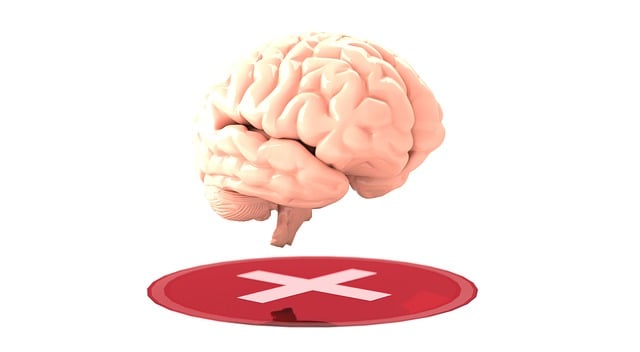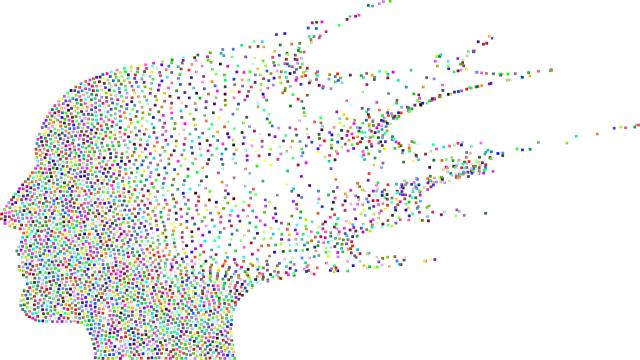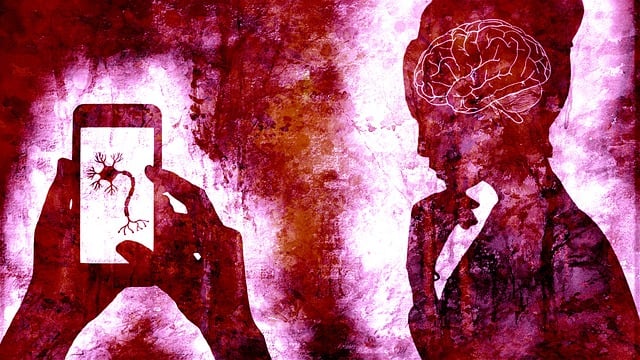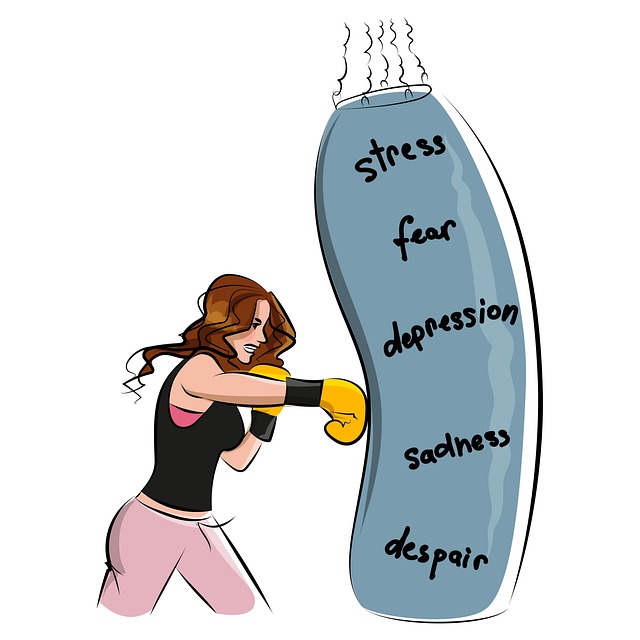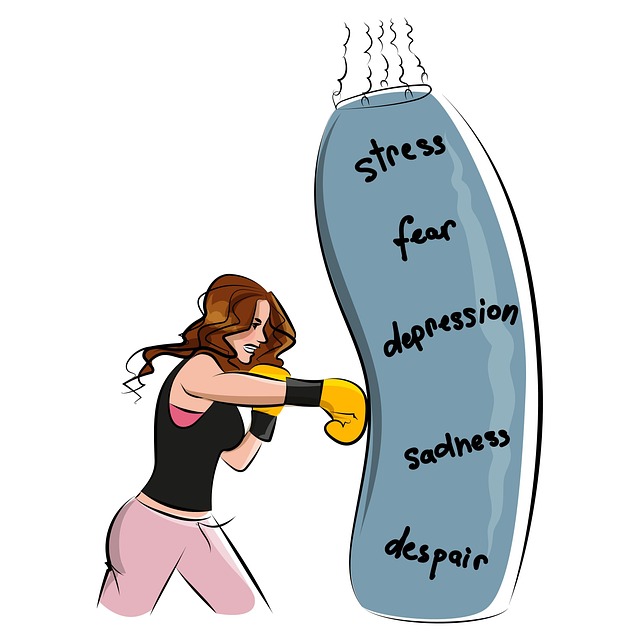In diverse societies, mental health professionals must prioritize cultural sensitivity in therapy, especially with evidence-based practices like Littleton Cognitive Processing Therapy (LCPT). Understanding cultural backgrounds enhances patient engagement, trust, and treatment effectiveness. By incorporating culturally relevant strategies, modifying LCPT techniques, and providing specialized training, therapists can create inclusive environments. This approach ensures that LCPT resonates with a wide range of patients, improving therapy outcomes and reducing barriers to care.
Cultural sensitivity is a cornerstone in modern mental healthcare, ensuring equitable and effective treatment for a diverse patient population. This article explores the intricate interplay between cultural diversity and mental health care, focusing on strategies that enhance therapeutic outcomes. We delve into the benefits of Littleton Cognitive Processing Therapy (LCPT) as a culturally adaptable approach, offering insights on its successful implementation across various cultural contexts. Additionally, we provide practical guidelines for creating inclusive practice environments.
- Understanding Cultural Diversity in Mental Health Care
- The Impact of Cultural Sensitivity on Therapy Effectiveness
- Incorporating Littleton Cognitive Processing Therapy (LCPT) Across Cultures
- Strategies for Building Culturally Competent Practice Environments
Understanding Cultural Diversity in Mental Health Care

In the realm of mental healthcare, understanding cultural diversity is no longer a consideration but a necessity. As societies become increasingly multicultural, it’s vital to recognize that individuals from different backgrounds may approach health and wellness uniquely. This comprehension involves not just acknowledging racial or ethnic differences but also religious beliefs, socioeconomic status, gender identities, and sexual orientations. For instance, a practice that specializes in Littleton Cognitive Processing Therapy (LCPT) must be attuned to the cultural nuances of its clients, as this evidence-based therapy can be adapted to provide Anxiety Relief and Stress Management tailored to individual needs.
Empathy Building Strategies are a cornerstone in fostering effective communication between mental health professionals and clients from diverse cultures. By embracing these strategies, therapists can create a safe and supportive environment where individuals feel understood and encouraged to share their experiences openly. This cultural sensitivity not only enhances the therapeutic process but also ensures that evidence-based practices like LCPT remain accessible and relevant to all members of society.
The Impact of Cultural Sensitivity on Therapy Effectiveness

Cultural sensitivity is a cornerstone in enhancing therapy effectiveness, especially when addressing diverse populations with varying mental health needs. In the context of Littleton Cognitive Processing Therapy (LCPT), understanding cultural nuances can significantly improve patient outcomes. Many individuals from different ethnic and cultural backgrounds may present unique challenges and expectations in therapy, often influenced by their social and historical contexts. For instance, some cultures emphasize collective family dynamics, while others prioritize individualism, each bringing distinct perspectives to the therapeutic setting.
By incorporating cultural sensitivity into practice, mental healthcare professionals can adapt LCPT techniques to resonate with diverse patients. This may involve modifying treatment approaches, using culturally relevant language, and integrating specific cultural healing practices. Such personalized therapy enhances patient engagement and trust, leading to improved therapy adherence. Moreover, it reduces potential barriers in risk assessment for mental health professionals and fosters better communication, ultimately benefiting the overall effectiveness of interventions like LCPT. Effective cultural sensitivity training, coupled with robust risk management planning for mental health professionals, can ensure practitioners are equipped to navigate these complexities and deliver high-quality care to all clients.
Incorporating Littleton Cognitive Processing Therapy (LCPT) Across Cultures

The incorporation of Littleton Cognitive Processing Therapy (LCPT) in a multicultural mental healthcare setting necessitates a nuanced approach. LCPT, known for its effectiveness in treating various conditions, must be adapted to resonate with diverse cultural backgrounds and beliefs. This involves not just translating materials but also understanding the underlying cultural contexts that shape individuals’ thinking and emotional responses. For instance, while LCPT focuses on cognitive restructuring, it’s crucial to consider traditional healing practices and belief systems that may influence a patient’s willingness to challenge negative thought patterns.
Cultural sensitivity in LCPT implementation can be enhanced through training for healthcare providers, incorporating diverse perspectives into therapy manuals, and even developing specialized mental wellness coaching programs tailored to specific cultural groups. Moreover, emotional well-being promotion techniques adapted from various cultures can enrich the therapeutic process, ensuring that patients feel understood and engaged. Similarly, creating mental wellness podcast series production featuring diverse voices can offer additional resources for both patients and practitioners, fostering a more inclusive and effective mental healthcare environment.
Strategies for Building Culturally Competent Practice Environments

Creating culturally competent mental healthcare environments is paramount to ensuring effective treatment and fostering trust among diverse patient populations. One proven strategy is integrating Littleton Cognitive Processing Therapy (LCPT), which has been adapted to address cultural nuances and promote understanding. LCPT helps clients identify and challenge distorted thinking patterns, a process that can be enhanced by incorporating cultural context, allowing therapists to tailor their approach while still adhering to evidence-based practices.
Additionally, mental health awareness initiatives that educate both staff and communities about the importance of cultural sensitivity are vital. Encouraging coping skills development tailored to different cultural backgrounds equips individuals with effective tools for managing stress and adversity. Empathy building strategies, such as active listening, open communication channels, and cross-cultural training, further strengthen these environments. These initiatives collectively contribute to a more inclusive setting where patients feel seen, heard, and supported on their journey towards healing.
Cultural sensitivity is paramount in mental healthcare, as it significantly enhances therapy effectiveness and fosters inclusive practice environments. By understanding cultural diversity and incorporating strategies like Littleton Cognitive Processing Therapy (LCPT), professionals can tailor their approach to meet the unique needs of diverse populations. Building culturally competent practices ensures that everyone receives respectful, effective care, ultimately improving mental health outcomes for all.

